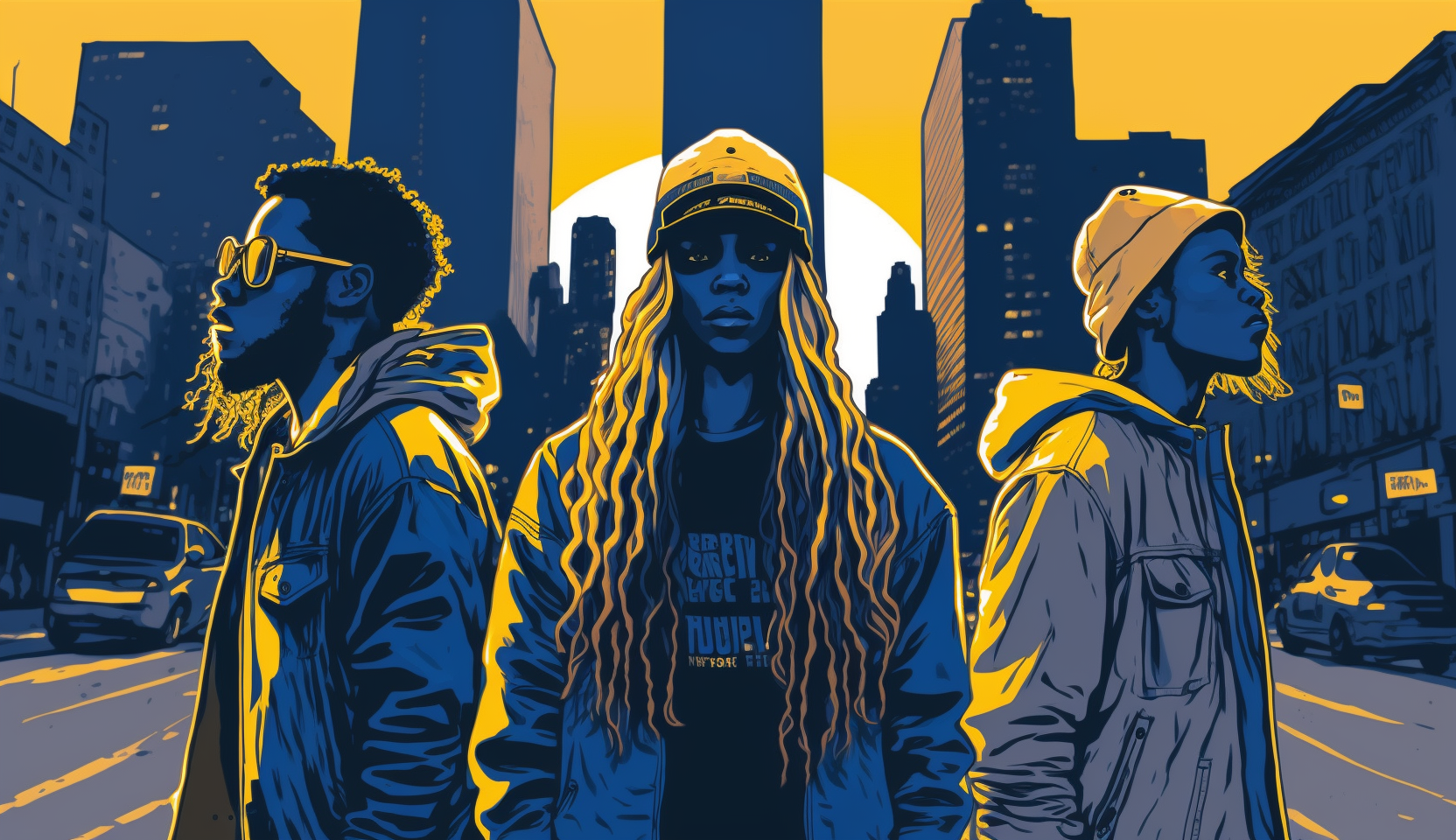As we celebrate 50 years of Hip Hop music and culture, the question often arises: “What’s the worst thing to happen to Hip Hop?” In response to this query, I must say that nothing bad has happened to Hip Hop. All the facets and wonderful things we talk about and yearn for are still there. However, we cannot expect to find that wonderfulness thriving in places that fundamentally hate us.
The only thing that has changed within Hip Hop is that we have allowed ourselves to believe that institutions like radio, TV, and the music industry, which never had our best interests in mind and are driven by money, have somehow changed. People have revisionist memories and talk fondly about the good ole days as if everyone enthusiastically embraced the music and culture and were widespread and known in every household. In reality, Hip Hop back in the day was in the backwoods, in abandoned buildings, and away from the limelight. You had to put in work to be around it. You had to work to make sure Hip Hop was given space.
When commercial institutions started messing with it, this culture became more known. Soon it was in every household, etc., but if we are truthful, aspects (primarily rap) were spread and amplified because institutions that never liked us decided to embrace it and keep a lot of it intact. They kept it intact until they figured out what would be an efficient winning formula. They kept Hip Hop intact until they could mold it and fit it into the ethos of the music industry, which is “sex, drugs, and rock n roll.”
Many of us got happy when folks we know got a shot at being on the big stage. We loved BLS and Kiss when our park jam deejays were out on the air on Fridays and Saturdays. We loved when our homies hosted Yo MTV raps. We loved when we saw award shows highlight Hip Hop. However, many of us forgot that these institutions hated us and actively went out of their way to degrade Hip Hop.
It is ironic that radio stations that used to have in their tag lines “they don’t play rap” now play rap. We got happy with acceptance and then frustrated and angry when we realized these places only wanted a part of us, not all of us. There was no real balanced, equitable relationship, business-wise or culture-wise. All they wanted to do was hit it and quit it. And now we are bewildered and wondering why Hip Hop has fallen off.
On the commercial side, Hip Hop is in shambles. But it’s alive and well in places that don’t have the industry shine and subsequent contamination. We got addicted to commercialism and forgot that Hip Hop was born from a need to express ourselves in a way that wasn’t accepted by mainstream culture.


Leave a Reply